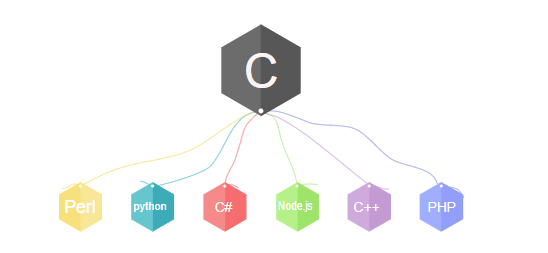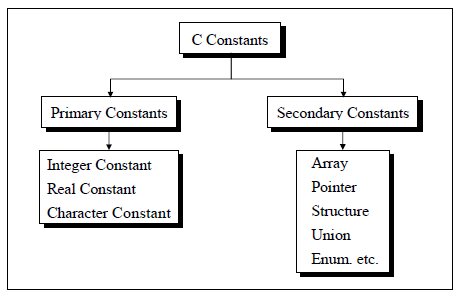Let’s know a little bit of history of C programming. Many of you may not be interested in knowing the history of C – you maybe here just to learn how to get started with Coding in C Program. I understand that. You’ll want to know the history soon, once you learn the basics of C programming. History is very important. But for now I’ll let you know about it in 1 line!
History of C Programming Language
C Programming language was developed at AT&T’s Bell Lab in 1972. It was designed and developed by a man called Dennis Ritchie (September 9, 1941 – October 12, 2011).
Why name it as C?
Before designing C, there was a programming language called “B”. So Dennis Ritchie named it as “C”. Little did he know “C Programming” language would get so popular among programmers – even after 3 decades of its inception.

Why Learn C As A First Programming Language?
Beginners tend to get into arguments/discussion as to how C++, C#, Java has improved upon C and how “Object Oriented Programming” has so many advantages over C. But let me tell you, Operating Systems like Windows, iOS, OSx, Unix/Linux(Kernel), android are all written in C. Looks like there is something which is good in C because of which companies like Microsoft, Apple, Unix/Linux Foundation, Google are choosing C Programming language to develop and maintain their Operating Systems. These are only a few popular companies I’ve listed. There are many many companies solely dependent upon C programming for their software development. We’ll learn more along the course of these video tutorials.
Why Learn C As A First Programming Language?
[youtube https://www.youtube.com/watch?v=s88KJDI1P_o]
Advantages of learning C
1. Object Oriented Programming(OOP) method present in C++, C#, Java provides a huge advantage for programmers. But the basic programming elements like looping, variables, declaration, arithmetic operations, logical operations etc are almost similar to what you learn in C. Learning C definitely gives you an extra edge before jumping on to learn C++ or C# or Java.
2. Programs written in C are very efficient. It’s performance and speed of execution is unique. Even today device drivers are written in C for this reason. The code is compact and has high performance even in low memory availability.
3. Your smartphone, digital camera, washing machine, microwave oven, refrigerator, smart bulbs, smart fans etc you name it, all these have microprocessors attached to it, which has program embedded in it. Since these micro-processor in these devices have limited memory and need to respond to user inputs instantly, the program of choice is inevitably C, in most cases.
4. Most 3D gaming frameworks like “DirectX” are built using the C Programming language. Because for good gaming experience speed of execution matters a lot. Since C programs are robust, reliable and fast these 3D gaming framework choose C programming over others. Even animation special effects in movies are done using C programs.
5. Its flexible and portable: Since C program allows user to handle memory directly we can write programs very flexibly according to our needs. We can manage memory flexibly. “Portable” because the same program source code works on all operating systems without the need for much modification. All Operating System have C Compiler and they compile and give object code and executable which suits and works for that particular OS.
6. Did you know, many compilers and interpreters for other languages like FORTRAN, Pascal, Perl, Python etc are written in C. Why is it so? As I told you before, C is reliable, portable and fast.
7. Using C programming language we can directly access hardware. This is very powerful feature. We’ll discuss this in detail in coming video tutorials.
8. C program enables programmer to manipulate individual bits of memory. But “with power comes responsibility” – we need to handle memory carefully or else we may end up writing code which might behave abruptly. For this reason Java has its own builtin memory management feature called Garbage Collection.
9. C implementation has a large library of useful functions. Ex: scanf, printf, functions to write data to file etc.
10. C programming language is easy to learn and understand.
We can go on and keep writing advantages of learning C Program. But let me stop here and assure you that you’re in the right place and C is the best choice as your first programming language to learn.
Make sure to practice all the programs we post here and quickly you’ll know the advantage for yourself. And soon you’ll be an advanced user and if you keep learning you’ll be an expert.
There are many Job opportunities for people who are experts in C Programming Language. We’ll even post Job Board shortly and try to list job offers for C program experts. Stay tuned for all the good stuff we’ll post on this page: C Programming: Beginner To Advance To Expert
Request
Please let us know some advantages and disadvantages or anything informative about C programming language in the comment section below. This will be helpful for others joining you on later date to start learning ‘C Programming language’. Sharing is caring. Also please share this article with your friends and followers on Social Media.


